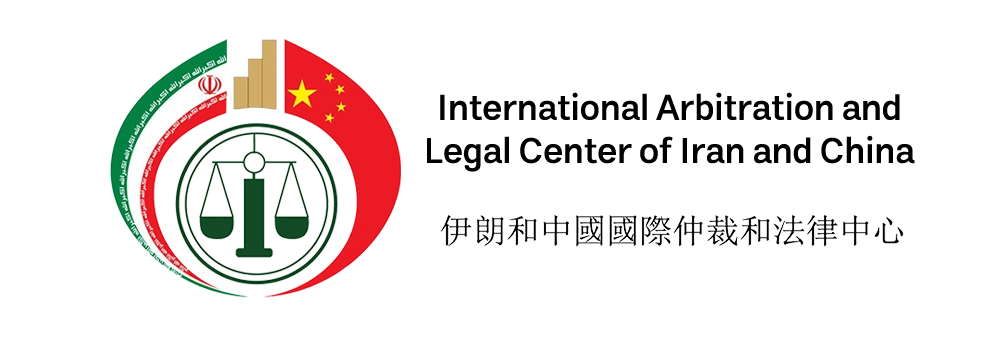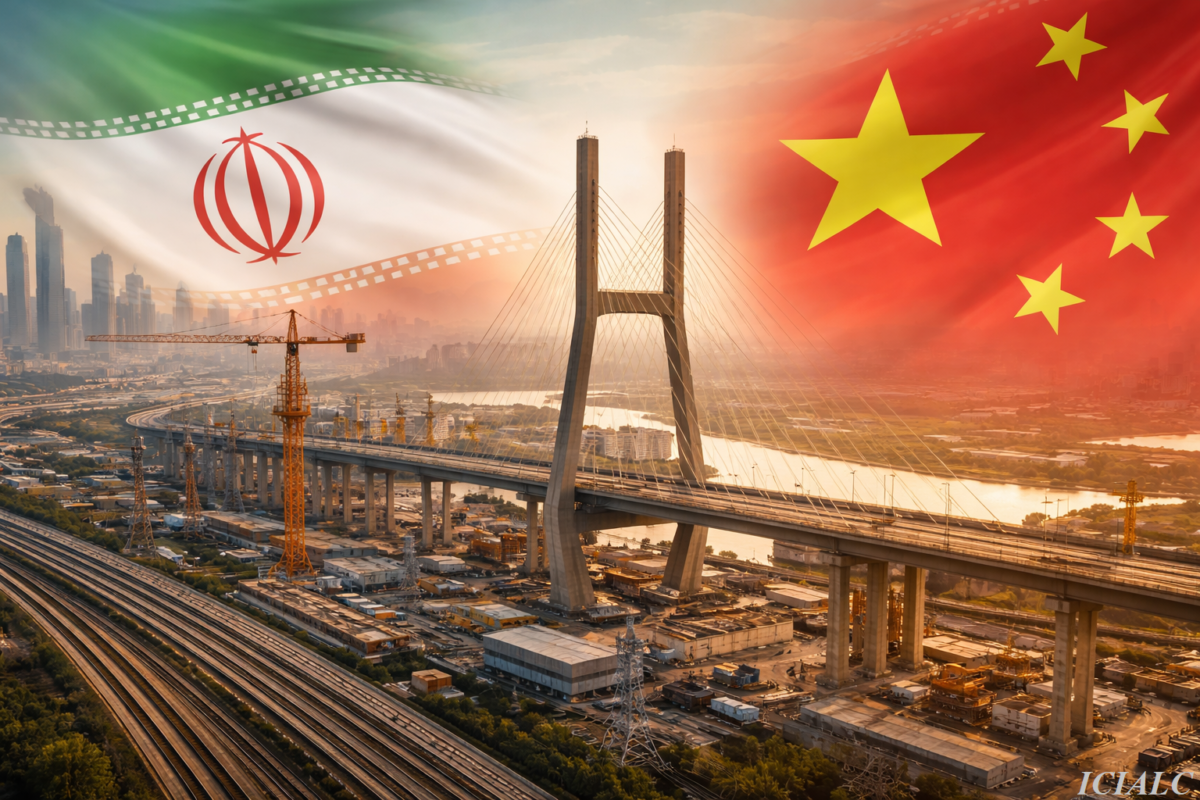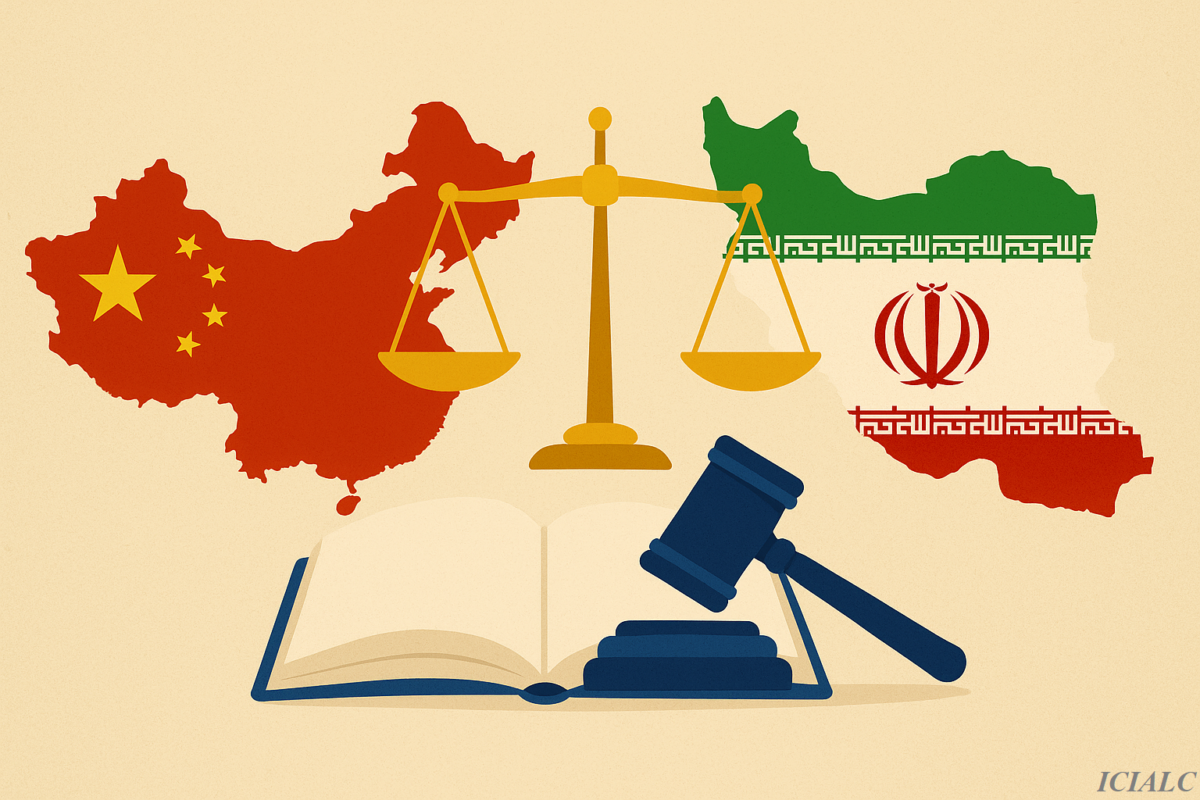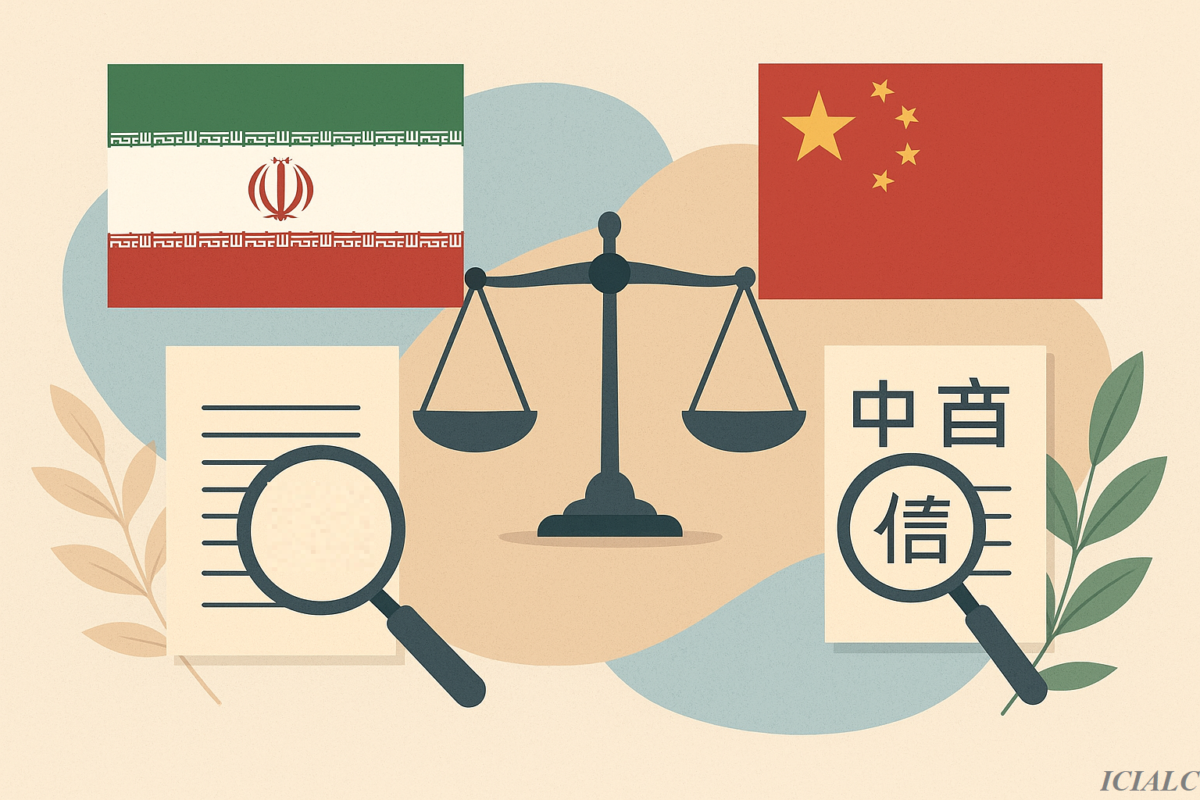In recent years, the expansion of economic and commercial relations between Iran and China has led to growing legal and judicial interactions between natural and legal persons of the two nations. One of the most sensitive issues in this regard concerns the enforcement of Iranian court judgments in China.
Due to the absence of a bilateral judicial treaty between the two countries, the process of recognition and enforcement of Iranian judgments in Chinese courts faces significant complexities and obstacles. This paper seeks to analyze the legal framework governing the enforcement of foreign court judgments in China and to identify the principal challenges and available legal solutions.
Legal Framework for the Enforcement of Foreign Judgments in China
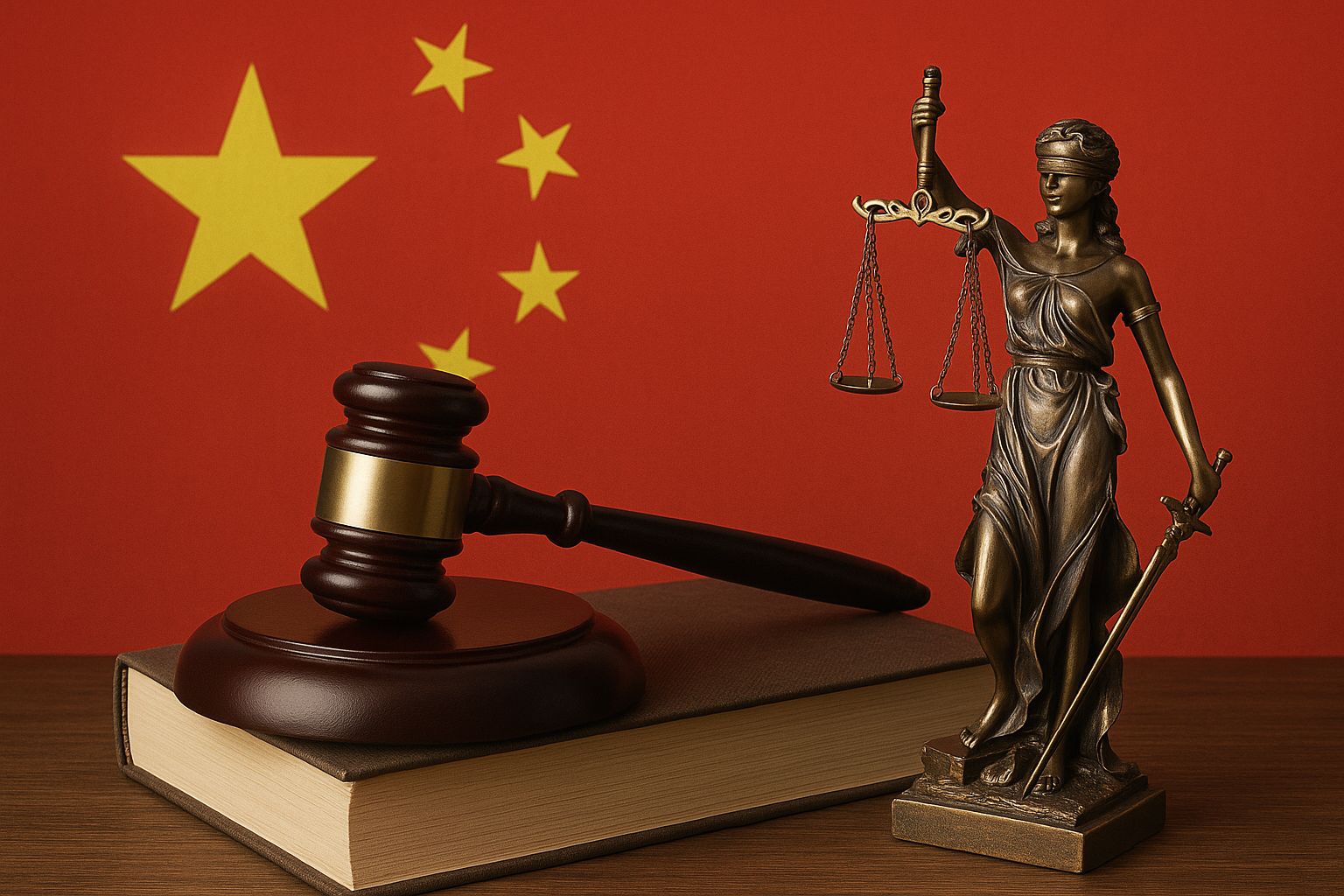
The legal system of the People’s Republic of China (PRC) concerning the recognition and enforcement of foreign court judgments is primarily based on the principle of reciprocity and the existence of bilateral or multilateral treaties. The principal provisions in this regard are stipulated in the Civil Procedure Law of the PRC and the Judicial Interpretations of the Supreme People’s Court (SPC).
According to Article 282 of the Civil Procedure Law, Chinese courts may recognize and enforce a foreign court judgment only in the following circumstances:
Where there is an effective international treaty between China and the country of origin of the judgment, such as a bilateral judicial cooperation treaty or an agreement on mutual recognition and enforcement of judgments;
Where there exists reciprocal conduct between the two states, meaning that the foreign state in question also recognizes and enforces judgments issued by Chinese courts under similar circumstances.
In recent years, the Supreme People’s Court has broadened the concept of de facto reciprocity, holding that it suffices if it can be demonstrated that a foreign court has, at least once in the past, recognized a judgment rendered by a Chinese court or has indicated its willingness to do so. This interpretation, more flexible than the earlier approach which required a formal treaty-based reciprocity, has facilitated the enforcement of foreign judgments.
However, no judicial cooperation treaty or agreement has thus far been concluded between Iran and China in this field. Consequently, the enforcement of Iranian court judgments in China is contingent upon the Chinese court’s determination of reciprocity—an outcome difficult to achieve in practice, as there has been no recorded case of recognition or enforcement of an Iranian judgment in China.
By contrast, the situation differs in respect of arbitral awards, as both Iran and China are parties to the 1958 New York Convention on the Recognition and Enforcement of Foreign Arbitral Awards. Therefore, arbitral awards rendered in Iran, within an international arbitration context, can be recognized and enforced in China under the Convention and relevant domestic regulations.
In summary, the enforcement of Iranian court judgments in China currently lacks a treaty basis and is only possible under limited circumstances through the application of the reciprocity principle. Meanwhile, the enforcement of international arbitral awards enjoys a considerably stronger legal foundation.
Iran’s Position within the Chinese Judicial System
At present, no formal precedent or known case of recognition or enforcement of Iranian judgments in China exists. This practical gap arises from a combination of legal, institutional, and cultural factors that have hindered the establishment of sustainable judicial cooperation between the two nations.
First, the absence of any judicial cooperation treaty or memorandum of understanding between the Islamic Republic of Iran and the People’s Republic of China in civil, commercial, or criminal matters means there is no binding framework for mutual recognition and enforcement of judgments. In such absence, Chinese courts may only proceed on the basis of the reciprocity principle, which has never yet been substantiated in relation to Iran.
Second, the structural and substantive differences between the two legal systems play a major role. China’s legal order is a codified socialist system heavily influenced by judicial interpretations of the Supreme People’s Court, whereas Iran follows a mixed system grounded in Islamic jurisprudence (Shia Imamiyyah) and statutory law. Fundamental contrasts in legal sources, reasoning, and adjudicatory principles make Chinese courts cautious in accepting judgments issued under substantially different legal doctrines.
Third, the conservative judicial attitude of Chinese courts toward foreign judgments—particularly those originating from non-Western or religiously based legal systems—has further constrained recognition of Iranian judgments. From the Chinese judicial perspective, acceptance of such judgments may conflict with public policy or national interests.
Consequently, Iranian parties seldom pursue enforcement of Iranian judgments in China. Instead, two more practical and viable alternatives are commonly adopted:
Resorting to international arbitration, notably through institutions recognized by both parties such as the China International Economic and Trade Arbitration Commission (CIETAC) or other reputable arbitral bodies;
Filing direct litigation before Chinese courts, where contractual relations or the defendant’s domicile lies within Chinese jurisdiction.
These methods enable Iranian claimants to avoid the legal and procedural challenges associated with enforcing domestic judgments abroad and to secure a more effective remedy.
Main Challenges in Enforcing Iranian Judgments in China

Despite growing trade and economic cooperation, enforcement of Iranian court judgments in China remains fraught with serious difficulties. The main obstacles include the absence of a supporting legal framework, systemic differences between the two legal regimes, and limitations arising from the reciprocity principle. The principal challenges are as follows:
Absence of a Bilateral Judicial Treaty
Without a formal treaty, Chinese courts have no binding basis to accept Iranian judgments. Even a final and valid Iranian decision depends entirely on the discretionary interpretation of reciprocity by the presiding Chinese judge.
Differences between Legal Systems
Iranian law is founded on Islamic jurisprudence and civil law principles, while Chinese law is entirely codified and secular. These substantial differences complicate the comparability and acceptance of legal notions between the two systems.
Difficulty in Proving Reciprocity
Chinese courts require evidence that courts in the foreign country have previously recognized Chinese judgments. In the absence of such precedent in Iran, demonstrating reciprocity for Iranian judgments is virtually impossible.
Linguistic and Administrative Barriers
All documents and judgments must be translated into Chinese by translators officially certified by the Ministry of Justice of China and duly authenticated. This procedure is costly, time-consuming, and subject to formal rejection on procedural grounds.
Judicial Distrust and Cautious Approach
Chinese courts tend to act conservatively regarding judgments from legal systems they perceive as dissimilar to their own, particularly in civil and commercial matters involving Iranian parties.
Comparative Perspective
China has concluded bilateral treaties on mutual recognition and enforcement of court judgments with several countries, including France, Singapore, Russia, and South Korea. These arrangements have enhanced predictability and legal security. The absence of a similar treaty with Iran deprives Iranian companies of equivalent benefits and compels them to re-litigate or re-arbitrate disputes within China.
Legal Recommendations and Practical Measures
Given the absence of a formal framework for mutual recognition of judgments and the complexities arising from legal divergences, Iranian businesses, commercial lawyers, and legal institutions are advised to adopt preventive and pragmatic strategies in their agreements and dispute resolution mechanisms. The following measures are proposed:
Utilize International Arbitration
Arbitration remains the most reliable and efficient method for resolving disputes in Iran–China commercial relations. Recognized arbitral institutions such as CIETAC or the International Chamber of Commerce (ICC) issue awards under the 1958 New York Convention, to which both countries are contracting parties. Arbitral awards rendered by these bodies can be recognized and enforced in China with greater legal certainty than national court judgments.
It is essential to draft clear arbitration clauses specifying the language of arbitration, seat, governing law, and appointing authority.
Negotiate a Judicial Cooperation Memorandum of Understanding (MoU)
A bilateral MoU on judicial cooperation between the Ministries of Justice of Iran and China could establish an initial framework for information exchange, judicial training, and facilitation of civil and commercial enforcement. Political commitment and institutional coordination are prerequisites for this goal.
Promote Academic and Research Collaboration
Academic cooperation between universities, comparative law institutes, and arbitration centers of both nations can play a “soft law” role in bridging legal understanding. Joint seminars, comparative research projects in international commercial law, and academic exchanges can foster mutual comprehension and pave the way for eventual treaty negotiations.
Select a Neutral Governing Law and Forum
Parties should consider designating a neutral governing law and forum in contracts with a higher probability of disputes. For example, choosing Swiss, English, or Singaporean law as the governing law, and opting for neutral arbitration institutions (such as ICC or SIAC), minimizes future enforcement barriers and ensures impartiality and transparency in dispute resolution.
Conclusion

The enforcement of Iranian court judgments in China faces substantial obstacles due to the absence of a bilateral judicial cooperation treaty, fundamental differences between the two legal systems, and procedural difficulties. Consequently, direct enforcement of Iranian court decisions in China is practically unattainable at present.
International arbitration thus emerges as the most feasible and secure mechanism for dispute resolution in Iran–China relations. Both countries’ accession to the 1958 New York Convention provides the necessary legal foundation for recognition and enforcement of arbitral awards in China, thereby ensuring greater confidence for contracting parties.
Nevertheless, achieving a durable and institutional solution requires sustained efforts toward strengthening judicial and legal cooperation between the two nations. The conclusion of judicial MoUs, expert exchanges, joint ministerial meetings, and expanded academic collaboration can ultimately create the conditions for mutual recognition of judgments in the future.
In sum, a combination of short-term reliance on international arbitration and long-term institutional cooperation constitutes the most effective path toward balanced and reliable judicial interaction between Iran and China.
